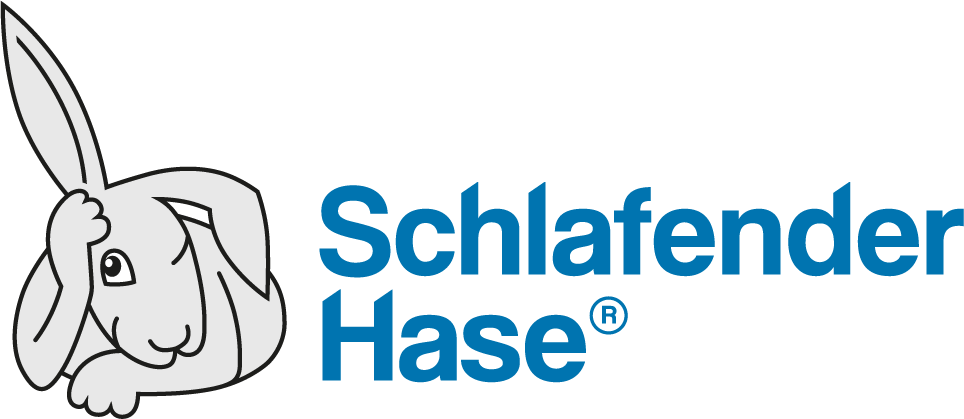Imagine a situation where information is stored conscientiously, but in different formats and languages. Perhaps it is partially incomplete or has been converted from formats that might include Doc, Docx, HTML and PDF; it includes scans as well as hard copies. It may also be stored in different systems, or be in different locations with different naming conventions. All of this makes the information hard to find and retrieve. Creating extra work as data must be correctly transferred, reworked, renamed and continuously curated in order to be accurate, complete, accessible and legible over time. Above all, the data needs to be compliant with regulations.
Any pharmaceutical or medical device company that finds itself in the above situation is in deep trouble. Their scattered information storage raises the question of Data Integrity. A company committing these cardinal Data Integrity sins is unlikely to survive the highly competitive, regulated pharmaceutical and medical device environment. Worse, these sins put patient lives at risk.
What is Data Integrity?
At its most basic level, Data Integrity is a set of measures and rules that ensure our data provides value – to patients, communities and companies. Data Integrity is nothing new; what has changed over the years is how we ensure it – especially regarding automated systems. The US Food and Drug Administration (FDA) developed a fundamental set of principles for Data Integrity known as ALCOA, which was then expanded to ALCOA+.
This set of principles covers electronic, paper-based, hybrid and other data (such as images) in terms of good manufacturing practices (GMP): Attributable, Legible, Contemporaneous, Original and Accurate. The + elements, which emerged a little later, are: Complete, Consistent, Enduring and Available.
It is important that these fundamental ALCOA+ principles be implemented across a company and throughout the whole lifecycle of a product.
What data integrity means for pharmaceutical labeling and packaging
Data integrity practices based on the ALCOA+ principles help ensure the safety of patients and the availability of medications, allowing the company to meet regulations laid down by the FDA as well as other authorities, such as EMA in Europe.
For this, well-functioning Standard Operating Procedures (SOPs) must be in place.
Tools are available to assist us. TVT, the Text Verification Tool from Schlafender Hase, provides proof during comparison that documents are complete, and that the text is accurate and consistent. Furthermore, data remains in its original format when making a comparison. This avoids numerous problems associated with document conversion, which can skew, convert or replace fonts; change layout; drop characters; remove highlighting and comments, and erase tables or pictures.
Manual proofreading is not worth risking the integrity of the data
Manual proofreading is fraught with risks due to human error that are simply not worth taking in the pharmaceutical industry.
Experience shows that proofreading errors can expose patients to health and safety risks, lead to costly product recalls, damage company and brand reputation, jeopardize market approval and result in higher overall costs (leading to less profitability).
For Regulatory Affairs professionals responsible for proofreading, automated proofreading with documentation of each step taken allows for easy compliance with the principles of Data Integrity. Proofreaders can be more certain that the labeling and packaging is consistent and accurate, and that it therefore conforms with submissions approved by respective regulatory bodies. A project report is generated to document versions and proofreading steps along the way, providing an audit trail. This audit trail is invaluable as it supports companies in their endeavors to adhere to ALCOA+ principles.
Watching the automated detectives
As mentioned earlier, ALCOA+ is intended for electronic, paper-based, hybrid and other data for GMP. Because much of the data is now handled on electronic systems – as recognized by the FDA in its principles – the Good Automated Manufacturing Practice (GAMP) was developed. It’s currently in its fifth edition, known as GAMP 5. This “watches the automated detective”, providing a framework for validating an automated system. It takes a risk-based approach and is essentially intended to provide certainty that the system can do what it’s intended for. It was developed by the International Society for Pharmaceutical Engineering (ISPE).
Here, too, Schlafender Hase steps in with its Validation Package for TVT, the Text Verification Tool. Based on GAMP 5, it provides a report that can be used for validation/qualification. Schlafender Hase is also ISO 9001:2015 certified for Design and Development of Software for Regulated Environments.
Data integrity is absolutely crucial for pharma and medical device companies. Regulatory authorities demand it and companies must comply with it. Achieving Data Integrity involves many different activities and processes beyond good proofreading practices. TVT, the Text Verification Tool, makes a valuable contribution to Data Integrity processes, providing results that simply cannot be achieved through manual proofreading.
If you would like to find out more, get in touch with us.






